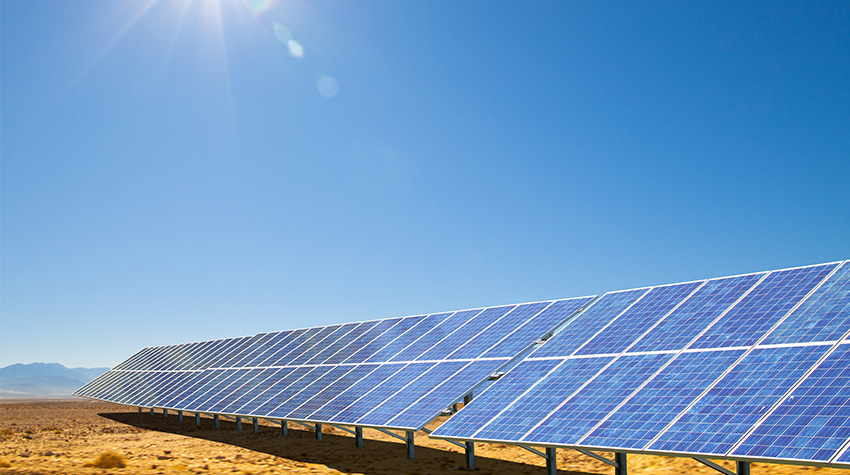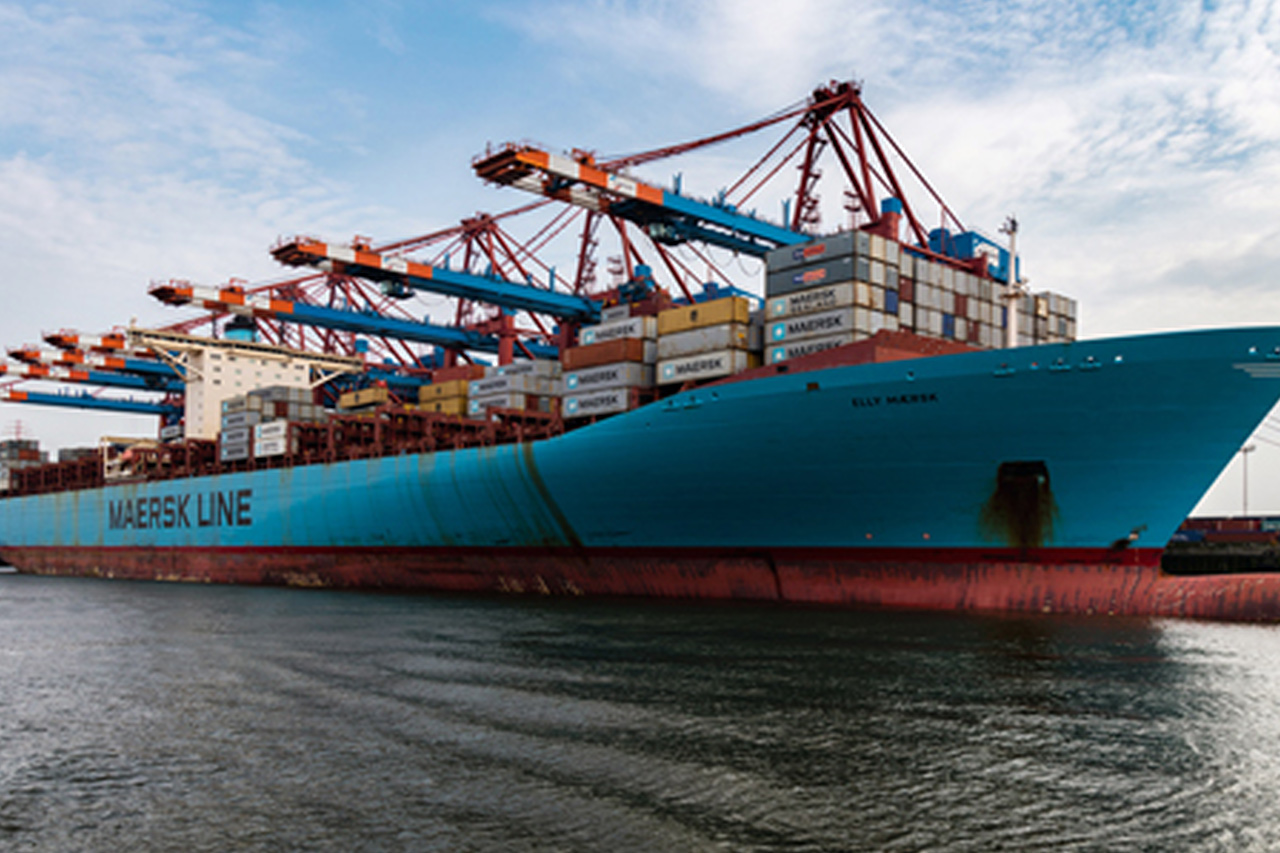1740 results found
Featured results



More results
Brazil has a policy named Urban Operations which is used to promote requalification of underdeveloped urban areas through PPPs
Despite abundant surface freshwater, only 84% of Brazil’s people have access to potable water, and only 50% have access to sewerage. Insufficient public funds and limited use of private capital have resulted in limited progress in improving access to water and sanitation. The Corsan Water Supply, Efficiency, and Resilience Project is leveraging private financing to address losses in water distribution and mitigate climate change risks.
The Solomon Islands National Development Strategy 2016–2035 called for greater use of renewable energy generation in the medium term, to service both urban and rural demand. It also called for opening the market to independent power providers.
The Nehru Outer Ring is a road construction project intended to connect and further develop urban settlements and satellite townships in the Hyderabad Metropolitan area
To meet demand, Nigerian commercial and industrial customers rely on self-generation, diesel units and smaller gasoline-powered generators to meet a significant portion of total demand.
IFC in close collaboration with the WB, MIGA and in consultation with key market and industry players, has worked on the development and design of the Scaling Mini-Grid (SMG) platform: a set of semi-standardised project preparation requirements, templates, risk mitigation instruments, and stapled financing
IFC worked with Timor-Leste’s new PPP Unit to deliver a transparent tender process that attracted globally reputable port operators. The key bid variable was the Viability Gap Financing subsidy required by each bidder after a very strict technical pre-qualification
An innovative offtake was structured for the new sewage treatment plant in Mathura, Uttar Pradesh, where Indian Oil will use treated wastewater to cool its refinery, which will save 20 million liters of fresh water every day
In line with the global focus on climate change and greenhouse gasses, Canada has committed to a Net Zero Target by 2050. The Quebec Government has developed the 2030 Plan for a Green Economy aiming at reducing greenhouse gas (GHG) emissions by 37.5% below 1990 levels by 2030
Innovative win-win power scheduling agreement between the two procurers that enabled Delhi Metro to draw power flexibly to suit the variable nature of its demand for running trains.
Residents in Bangalore were facing water shortages and had to cope by relying on ground water and paying premium prices for water from privately plied water tankers

Social infrastructure is the best performing segment among all country income groupings, according to new data from Moody’s that provides insights into the debt performance for infrastructure industry sector. Social infrastructure includes healthcare, education and public (community housing, prisons) facilities. The data also reveals transport and energy infrastructure perform differently in relative terms for depending on country income grouping.



The highest recoveries on infrastructure debt default occurs in Africa, the Middle East and Eastern Europe, according to new data from Moody’s shows which regions of the world have the highest and lowest default rates on infrastructure and other project finance debt investments.



Infrastructure equities have an attractive risk-return profile providing a competitive alternative to other investment options.



Merchant infrastructure, larger investors and the transport sector have experienced larger declines in returns due to COVID-19.



Regulatory capital frameworks require banks and insurers to put aside more capital for infrastructure investments than is warranted by their historical credit performance



















